According to experts, the second real estate tax should be suitable to Vietnam's conditions, preventing speculation rather than hindering people's opportunities to buy houses.
Faced with the painful reality of the real estate market that has been "making waves" in recent times, the Ministry of Construction has proposed an assessment. tax owners of multiple properties to prevent speculation and short-term transactions. In addition, the Vietnam Association of Realtors (VARS) recommends tightening credit policies and proposing taxes on second home buyers, with the tax rate increasing gradually over the short ownership period to prevent the real estate price "bubble".
The proposal to tax second property is supported by many experts and is considered an effective solution. However, at the same time, many opinions point out that imposing a uniform tax on second home buyers at this time and tightening it too much when supply is limited will easily have the opposite effect of exhausting the economy .

In fact, looking at some countries in the region, the application of tax policies for owners of many assets real estate has been implemented for a long time. However, the increase in real estate prices has not been able to be "reined in".
Typically, in Singapore, citizens will have to pay 20% tax when owning a second home and 30% for a third home. In addition, the stamp duty for permanent residents is 30% and 35% respectively. For foreigners, organizations and real estate businesses, this tax is even higher and applies to all transactions, ranging from 35 - 65%.
Since the additional stamp duty was imposed, Singapore's property prices have increased by 34.6%. Private homes in Singapore are the second highest in Asia, after Hong Kong (China) at $18,331 per square meter, with an average price of $11,749 per square meter. Accordingly, Singapore's apartment rental prices have also skyrocketed, with an average monthly price of $2,897, nearly five times higher than other expensive cities such as Tokyo ($613) and Seoul ($677).
Speaking with the Industry and Trade Newspaper, Professor, Doctor of Science Dang Hung Vo - former Deputy Minister of Natural Resources and Environment - commented that Vietnam's characteristics are different from Singapore's. Specifically, the expert explained: " If in the case that the first house has a greater value than the second house, should we only collect taxes on the second house and ignore the first house? ".
In addition, if the tax rate of 1 - 1.5% of the value is applied to all cases of real estate ownership like some countries, it will "give birth" to more taxes, which will make housing prices even higher, and people will lose the opportunity to access housing. Because in Vietnam, people's income is still low, if this rate is collected, people will not be able to bear it.
Sharing the same view, Mr. Nguyen Van Dinh - Chairman of the Vietnam Association of Real Estate Brokers (VARS) - said that imposing taxes or tightening credit on real estate should only be considered when there are acts that negatively affect the market.
In addition, the chairman of VARS is concerned that imposing a second real estate tax will invisibly cause the "real estate purchasing power" to be immediately affected in a downward direction due to people's "consideration and calculation" mentality.
If we do not understand correctly and apply the tax calculation for second or more properties rigidly, it will certainly lead to unpredictable consequences, causing the market that has just begun to recover to immediately stagnate, or even continue to fall into a difficult state.
In order to regulate the market, VARS previously proposed a number of solutions on credit policies when the real estate market fluctuates, affecting socio-economic stability without affecting people's demand for housing. In particular, VARS recommended that the Government could impose regulations on credit quality control, requiring banks to report more details on real estate-related loans, thereby strengthening risk monitoring.
At the same time, it is recommended to have a policy to tighten credit policies for speculators. Specifically, credit institutions can adjust the lending limit by adjusting the loan-to-value ratio, applying higher interest rates to buyers of second homes or more, or requiring a higher rate of payment from equity.
In addition, it is necessary to establish a credit mechanism for social housing projects, prioritizing funding for social housing development projects to address housing needs for low-income people.
Providing recommendations on solutions, according to experts, for Vietnam, issuing a suitable tax is only a necessary condition, the sufficient condition is that it must be successfully implemented in practice. It is necessary to carefully calculate, determine a suitable roadmap along with thoroughly preparing solutions on upgrading management infrastructure, on policies for changing the application of property privacy rights.
In particular, it is necessary to avoid sudden, jerky changes from one state to another, which would shock the economy and the entire social consensus.
According to Mr. Dang Hung Vo, first of all, to avoid under-declaration or incorrect declaration to avoid paying taxes, it is necessary to build a land management infrastructure that connects provincial administrative units.
In addition, to prevent the owner from transferring the ownership to another person in different forms to avoid taxes or reduce the tax payable, it is necessary to explain the source of money to buy real estate. Specifically, the State must manage the issue of people's income.
Above all, the second real estate tax needs to be suitable to Vietnam's conditions, preventing speculation rather than hindering people's opportunities to buy houses.
Source



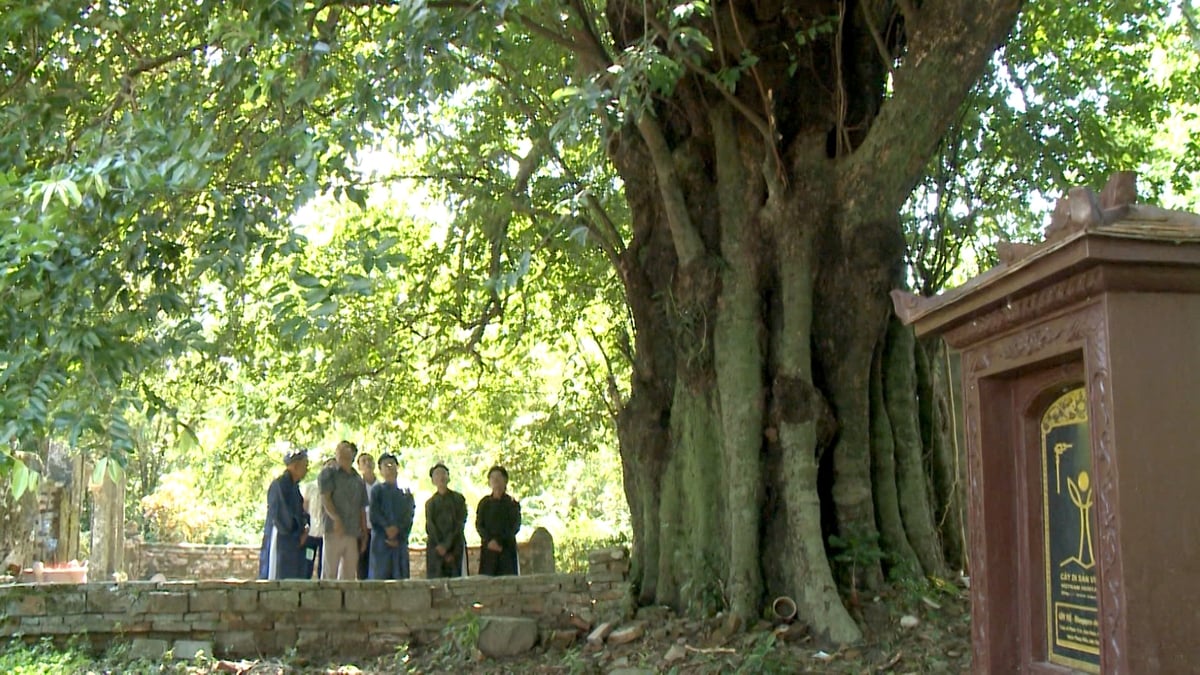






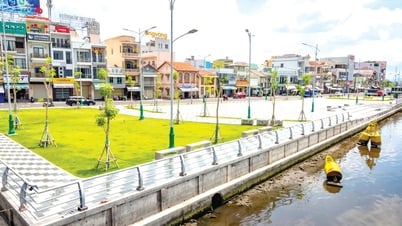

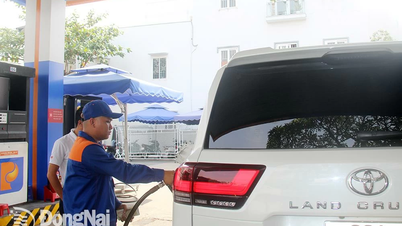






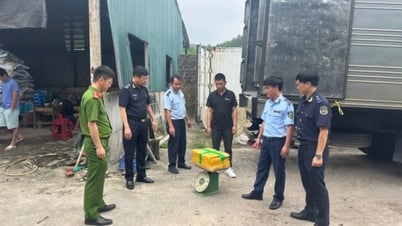











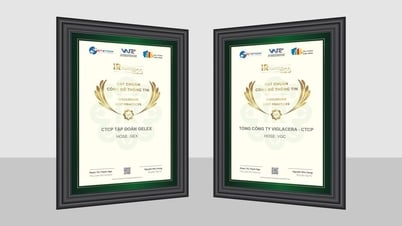

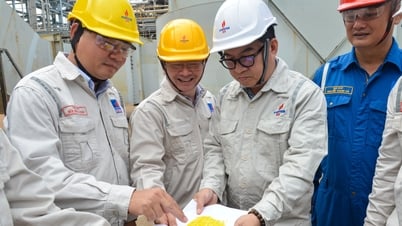


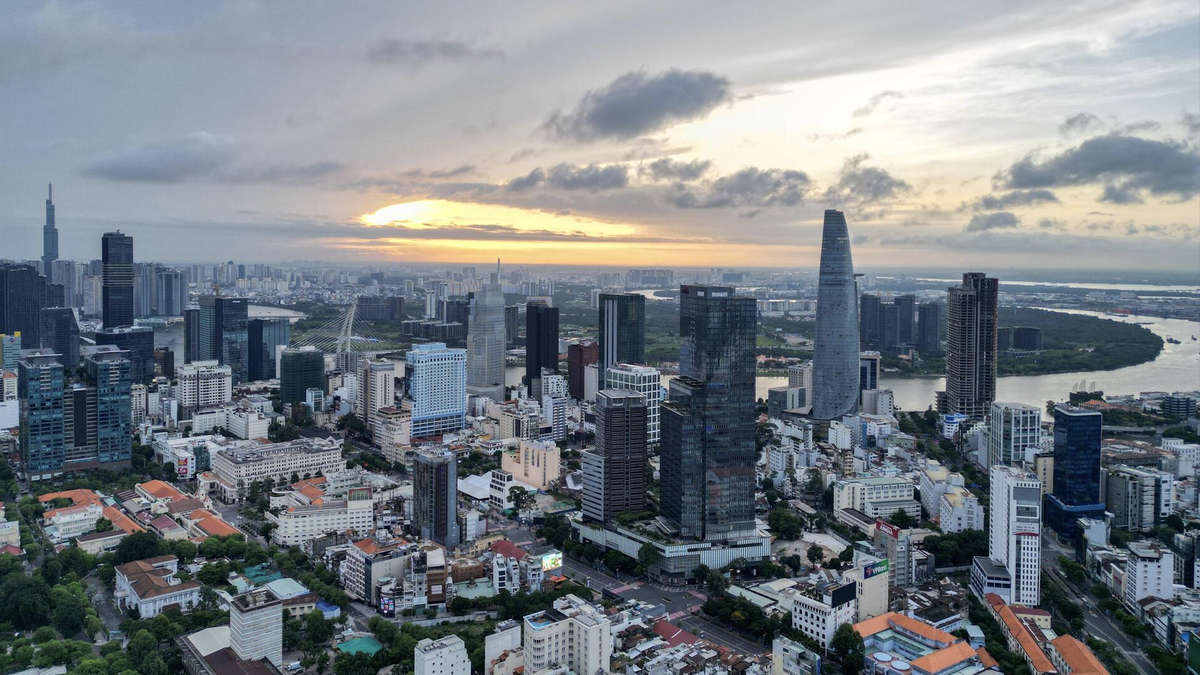
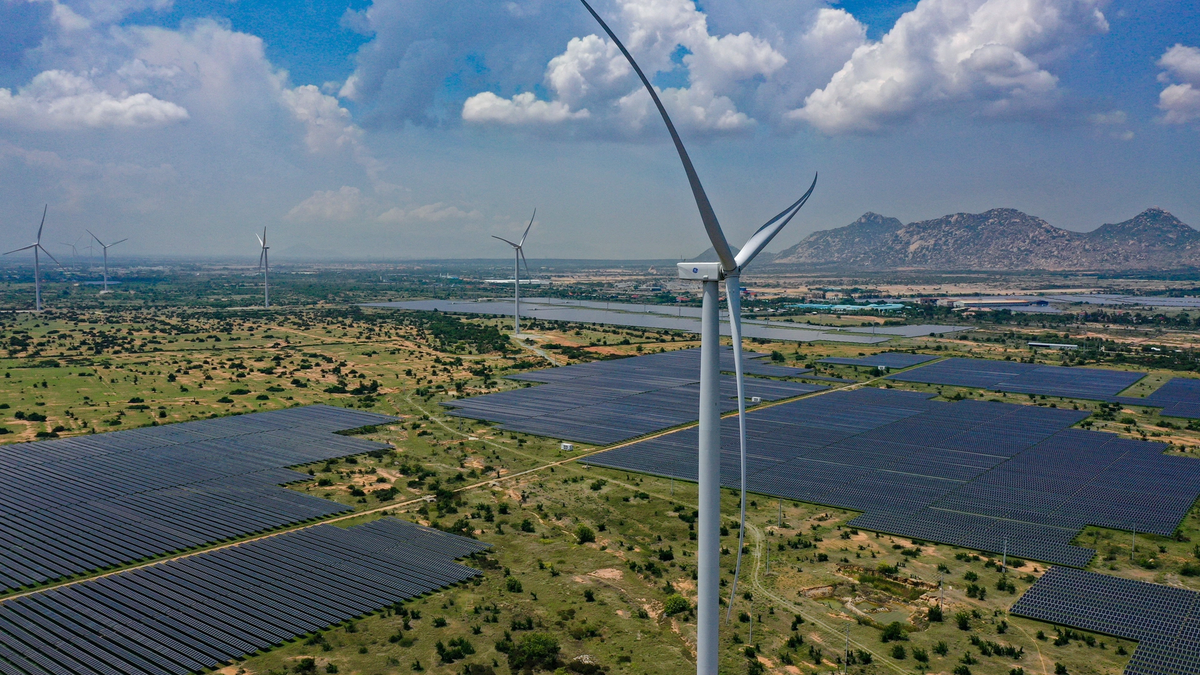








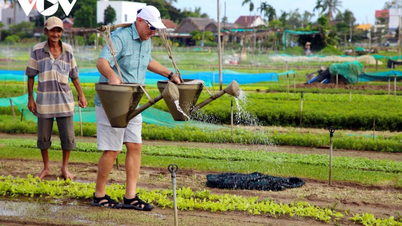



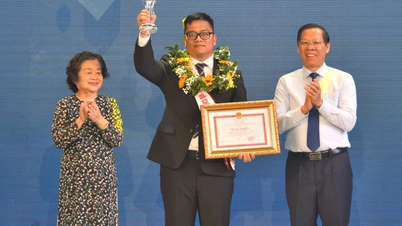








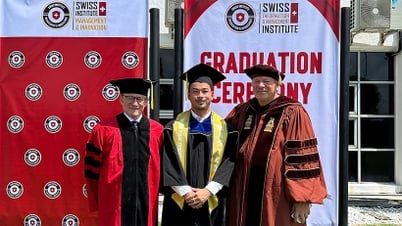









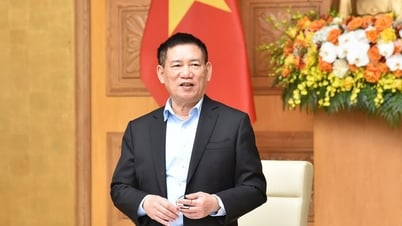



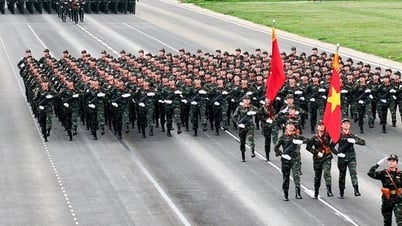
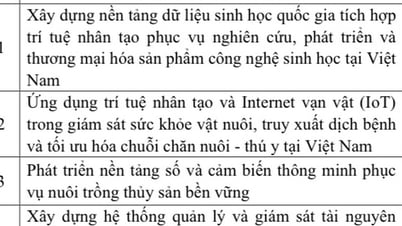

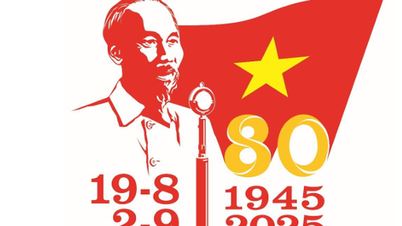






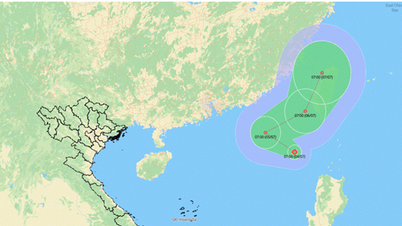






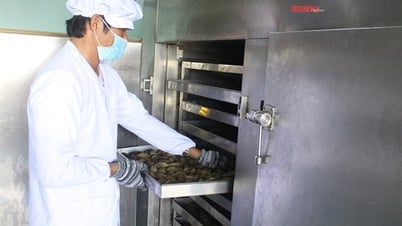



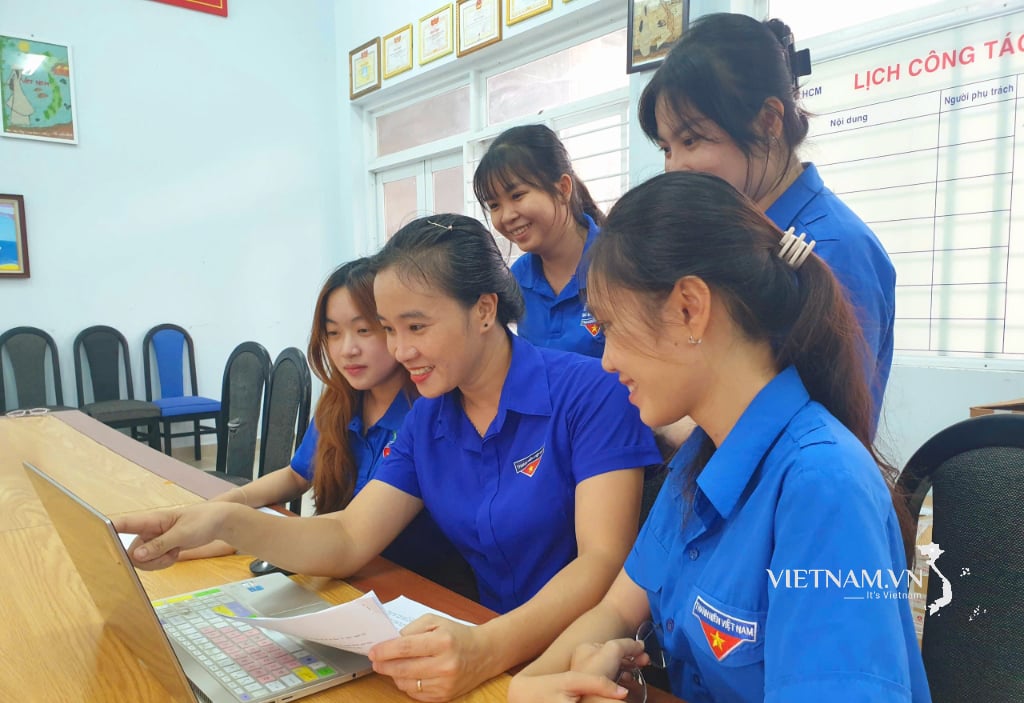


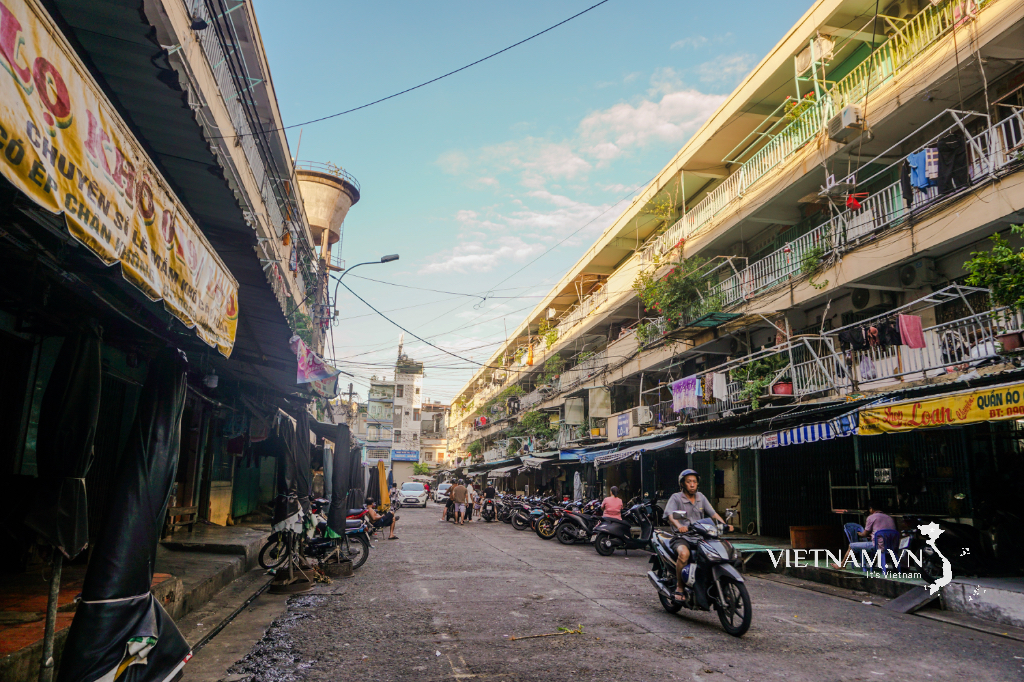
Comment (0)